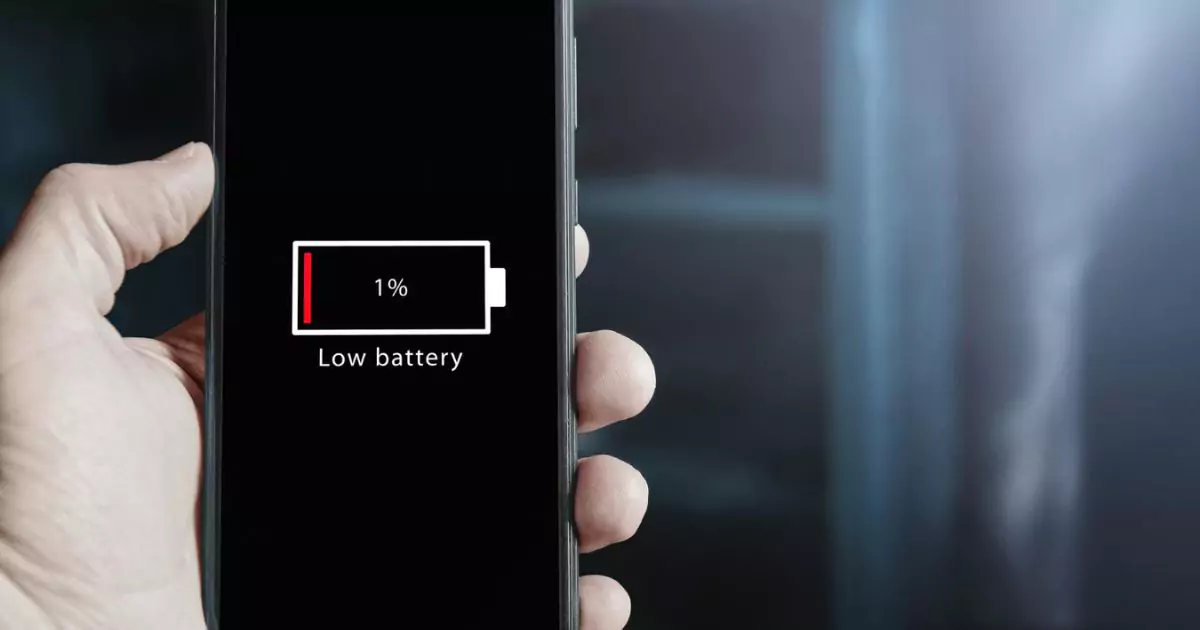Security Expert Cautions Against Airport Phone Charging for Tourists
In today’s digital age, keeping our mobile phones charged is more crucial than ever, especially when traveling. Airports, recognizing this need, often provide charging stations for travelers’ convenience. However, security experts are raising alarms about the potential risks associated with using these public charging points.
Risks of Using Airport Charging Stations
1. Vulnerability to “Juice Jacking”
Security professionals have identified a significant threat known as “juice jacking.” This form of cyber attack occurs when malware is installed on a charging station or the cables connected to it. When an unsuspecting user plugs in their device, this malware can transfer onto the device within minutes. Once installed, the malware can lock the device or export sensitive data such as personal information, passwords, and banking details directly to the hacker.

2. Potential for Data Theft
The architecture of modern smartphones often does not differentiate between data transfer and charging through the USB port. This allows hackers to exploit these ports to gain unauthorized access to your phone’s data. Even if a charging station is not visibly tampered with, it could still be a conduit for data theft. For example, while some phones prompt the user to select whether to allow data transfer, this feature can be bypassed at compromised charging stations, leading to unintentional data exposure.
3. Long-Term Security Compromise
Once your device is compromised, the risks extend beyond the immediate vicinity of the charging station. The infected device can carry malware back home, posing a persistent threat to your personal data and network security.
Recommendations for Safe Charging While Traveling
- Use Personal Chargers: Security experts recommend using your own chargers and plugging directly into an electrical outlet, rather than using USB ports at public stations.
- Portable Power Banks: For a safer alternative, carry a portable power bank to recharge your devices without depending on potentially compromised public charging stations.
- Data Blockers: These small devices can be plugged into a USB charging port before connecting your phone, allowing only power to pass through and blocking any data transfer attempts.
Official Warnings and Advice
The Federal Bureau of Investigation (FBI) has also issued warnings about the risks of public charging stations, highlighting the dangers of cyber theft and malware installation. Security expert Jae Ro from SIGNAL + POWER, an adapter manufacturer, emphasized that these public amenities, though convenient, are often unsecured and pose significant security risks.
The Importance of Cyber Insurance When Using Public Charging Stations
When considering the risks associated with using public charging stations, such as those at airports, the potential for cyber attacks like juice jacking underscores the importance of having robust insurance. Insurance policies that cover cyber breaches or the loss of electronic devices can provide significant benefits:
1. Financial Reimbursement
- Loss or Damage: Insurance can cover the cost of replacing a phone or other electronic devices if they are stolen, lost, or damaged due to a cyber attack facilitated by public charging stations.
- Unauthorized Transactions: If a security breach results in financial theft, such as unauthorized purchases or bank transfers, insurance may cover these losses.
2. Identity Theft Protection
- Many insurers offer services that help restore your identity and recover financial losses if personal information is stolen and misused as a result of a cyber attack. This can include legal fees, the cost of rectifying records, and even reimbursement for lost wages due to time taken to resolve identity theft issues.
3. Support and Resolution Services
- Insurance often includes access to expert support to help manage the aftermath of a cyber breach. This can include IT experts to secure your devices after an attack and professional advice on preventing future incidents.
4. Peace of Mind
- Knowing you have insurance coverage can provide peace of mind when traveling and using public amenities like airport charging stations. This can make managing the risks associated with these necessary conveniences less stressful.
Implementing Safety Measures
Alongside having insurance, it’s wise to use preventive measures such as carrying a portable power bank or using a data blocker when charging at public stations. These devices prevent data from being transferred while allowing the charge to pass through, thus protecting your data.
Conclusion
While airport charging stations offer a quick fix for low battery levels, the potential risks they carry for data security and personal safety are considerable. Travelers should heed the warnings of security experts and consider safer alternatives to keep their devices charged and secure. Remember, the few minutes saved by using a public charger could result in long-term headaches and security issues.

